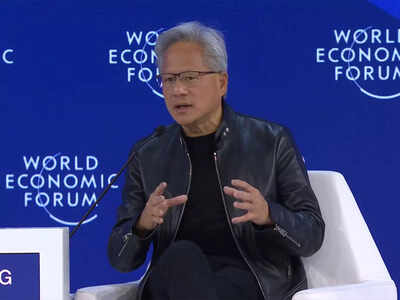Google’s ex-CEO has an advice for those trying focus at work: Meditation apps don’t work, turn off your …

Former Google CEO Eric Schmidt has a straightforward message for young workers struggling to concentrate or unwind: ditch the digital distractions entirely. Speaking on the Moonshots podcast, Schmidt said researchers “can’t think deeply” with constant phone notifications and dismissed meditation apps as counterproductive to genuine relaxation.Schmidt, who led Google for a decade during its explosive growth, observed that 20-something researchers he works with have found a definitive solution to maintaining focus. “They turn off their phone,” he stated, according to Business Insider. “You can’t think deeply as a researcher with this thing buzzing.”
Industry designed to hijack your attention, former Google chief warns
The tech veteran acknowledged his industry’s role in creating the attention crisis plaguing modern workers. Schmidt explained that technology companies have systematically worked to “monetize your attention” through advertising, notifications, and entertainment designed to capture “all of your waking hours.”This constant stimulation runs “completely antithetical to the way humans traditionally work with respect to long thoughtful examination of principles,” Schmidt noted. Research supports his concerns, with attention researcher Gloria Mark finding that average computer screen focus time has plummeted from 2.5 minutes two decades ago to just 47 seconds today.
Schmidt says that digital wellness apps miss the mark
Schmidt particularly criticized meditation apps that promise to help users relax while keeping them glued to their devices. “My favorite are these digital apps that make you relax,” he said. “The correct thing to do to relax is to turn off your phone, right? And then relax in a traditional way.”However, meditation app companies pushed back against Schmidt’s assessment. A Calm spokesperson told Business Insider that “not all screen time is created equal,” while Headspace’s chief clinical officer Jenna Glover argued that telling young people to simply turn off phones “isn’t realistic or helpful.”




